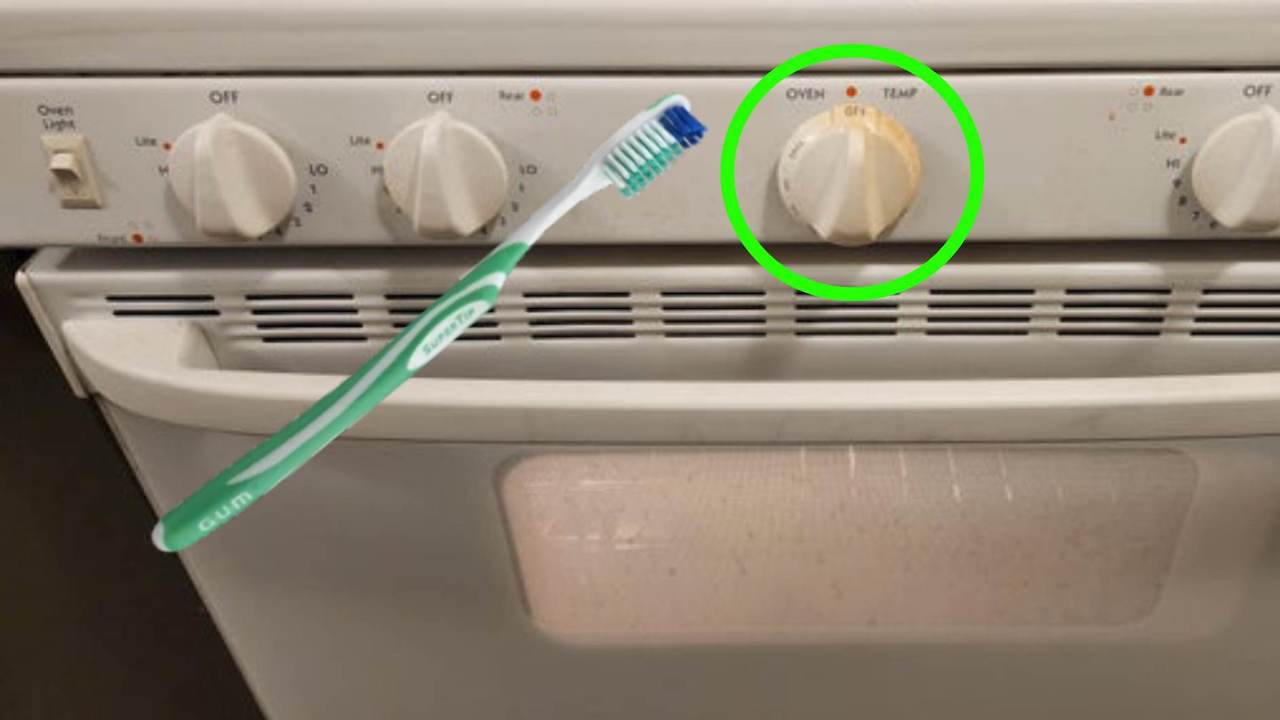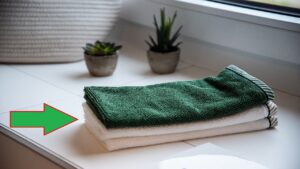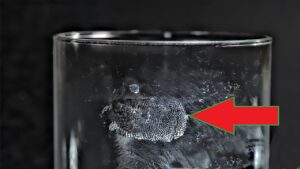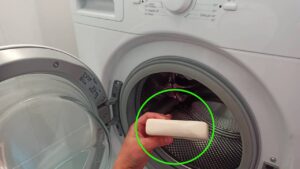Grease Getting Stuck Between the Hob Knobs? The Simple and Foolproof Method to Eliminate It
When cleaning the kitchen, sometimes we tend to pay little attention to the hob knobs. This is a significant oversight because it’s an area very exposed to dirt. While we cook, our hands come into contact with various ingredients. Moreover, we touch the gas stove knobs multiple times when turning them on. As a result, significant residues of accumulated fat can be left behind.
The Method for Thoroughly Cleaning Hob Knobs

Getting the surface back into great condition tends to be quite difficult. This is due to the unique shape of the hob knobs. Simply using a sponge may not effectively reach certain corners, leading to an incomplete cleaning process. Nonetheless, there’s a solution at hand – it’s easy, effective, and requires just a few items to achieve satisfactory results by eliminating even the faintest grease residues. Before going to see the actual method, here is what you need:
- tap water
- hydrogen peroxide at 130 volumes
- an old, unused toothbrush
In a container, pour 100 ml of tap water and add approximately 1 ml of hydrogen peroxide at 130 volumes (about a teaspoon of hydrogen peroxide). Then, mix the two ingredients thoroughly with a simple spoon until you obtain a uniform mixture. This solution will be used to clean the hob knobs effectively.

Now, immerse the toothbrush in the mixture and carefully scrub every small crevice of the hob knobs. You’ll be pleased to observe that the tap water combined with hydrogen peroxide serves as an excellent degreaser, and also because it’s non-invasive. With just a few simple steps, your stove knobs will look as good as new. Finally, use a damp cloth on the parts you just cleaned to complete the job.

Unlike solutions already available on the market, this method offers several advantages. First and foremost, it is convenient from an economic point of view, and saving, especially today, is important. Secondly, the toothbrush idea, although it might appear unconventional, is quite effective. Because the bristles, thanks to their small size, enter into the smallest cracks, removing any trace of grease.





